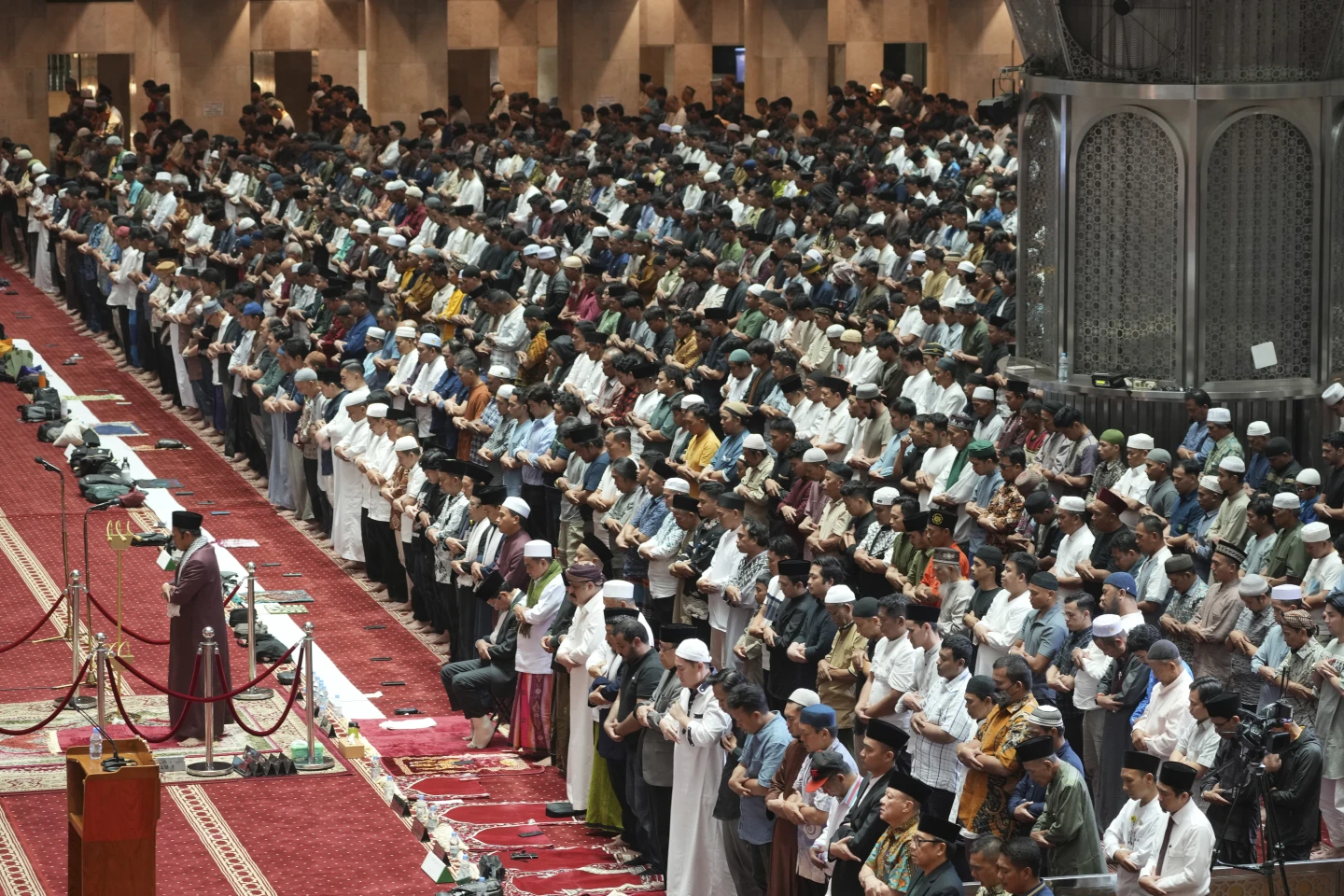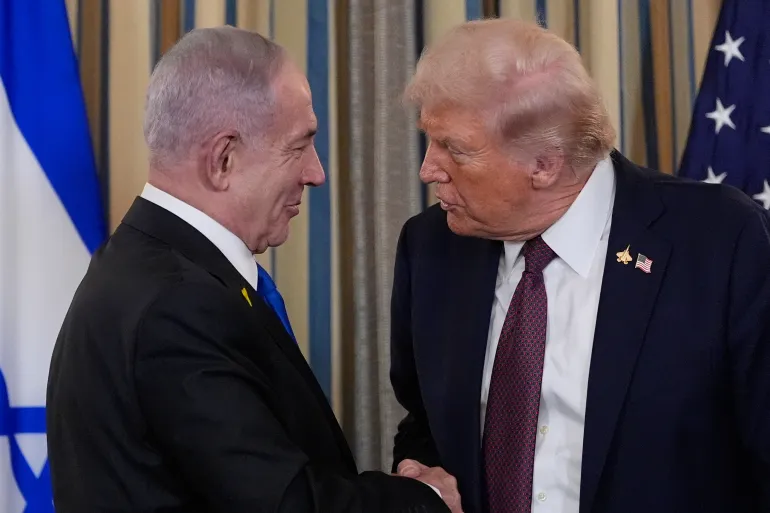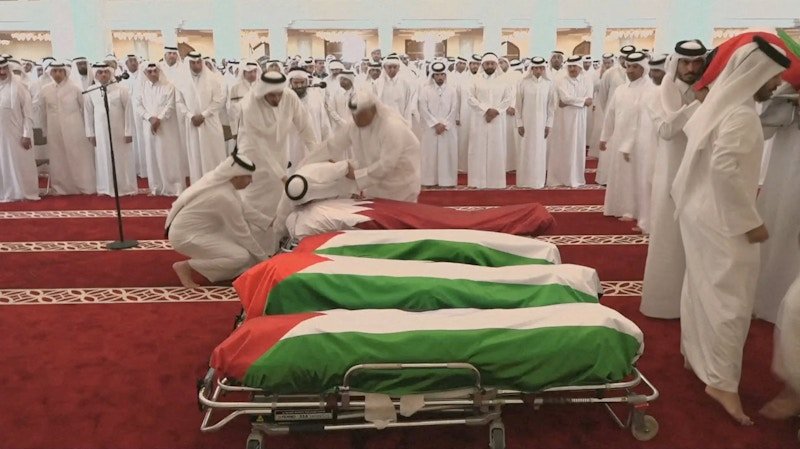Millions of Devout Muslims in Indonesia Begin Celebrating the Holy Month of Ramadan with Taraweeh Prayers
Jakarta, Indonesia — Millions of Muslims in Indonesia are shopping for sweets and new clothes and participating in traditional festivities as the holy month of Ramadan officially begins on Saturday.
Millions of Devout Muslims in Indonesia Begin Celebrating the Holy Month of Ramadan with Taraweeh Prayers
Millions of Devout Muslims in Indonesia Begin Celebrating the Holy Month of Ramadan with Taraweeh Prayers
Jakarta, Indonesia — Millions of Muslims in Indonesia are shopping for sweets and new clothes and participating in traditional festivities as the holy month of Ramadan officially begins on Saturday.
The world's most populous Muslim-majority country is marking the start of Ramadan with various celebrations, including colorful night parades, cleaning family graves, preparing pre-dawn meals, and elaborate "iftar" dinners after sunset.
Each region in this vast archipelago of 17,000 islands has its own way of marking the beginning of Ramadan, when Muslims refrain from eating, drinking, smoking, and sexual intercourse from dawn until dusk for the entire month.
Even a small sip of water or a puff of smoke can break the fast. At night, families and friends gather together to share meals in a festive atmosphere.
Religious Affairs Minister Nasaruddin Umar announced on Friday that Ramadan would begin on Saturday after the moon sighting was confirmed in Indonesia’s westernmost province of Aceh. Following the announcement, mosques were filled with worshippers offering "tarawih" prayers on the first night of Ramadan. At Jakarta’s Istiqlal Grand Mosque, the largest in Southeast Asia, thousands of worshippers gathered together.
The fast during the month of Ramadan is a way to demonstrate unwavering faith in God and to empathize with the suffering of the poor. Muslims are expected to dedicate time to daily prayers, engage in heightened religious contemplation, and refrain from gossip, fighting, or using foul language during this holy month.
Torchlight Parades, Drums, and Tradition
Samsul Anwar, his wife, and their 8-year-old nephew participated in a torchlight parade in their neighborhood in Tangerang, a city near Jakarta, on Wednesday evening after prayers. They walked through the narrow streets, holding torches, flares, and playing Islamic songs accompanied by the beat of handheld drums.
“Every year we welcome Ramadan with this tradition, which has been passed down from generation to generation,” said Anwar.
The Chinese Indonesian community also participated in the parade, performing the vibrant "barongsai" or "lion dance," an important part of Chinese New Year celebrations. They performed this dance to foster unity between the Chinese and Muslim religious communities and promote religious tolerance.
Concerns Over Rising Living Costs
This is also an exciting time for business. Hotels, restaurants, and cafes are preparing special Ramadan promotions, and shoppers are flocking to shopping centers to buy new clothes and decorations for the upcoming Eid al-Fitr celebration. Children are often given new clothes and gifts.
However, some Muslims are worried about how they will cope financially during Ramadan this year, as food prices continue to rise.
“Everything related to cooking is increasing day by day,” said Asih Mulyawati, a mother of two from the Tangerang suburb of Jakarta. “I’m worried this situation will impact Ramadan celebrations.”
According to Indonesia’s Trade Ministry, the rise in prices for imported staple foods, such as wheat, sugar, beef, and soybeans, has been attributed to higher global commodity prices and supply chain disruptions. Additionally, local food items like rice, eggs, chili, palm oil, and onions have also seen price increases.
Many people are blaming the government for the rise in gas and electricity prices.
“The current economic situation and the extreme weather recently have contributed to rising prices and weakened purchasing power,” said Heru Tatok, a vendor at Jakarta’s Pasar Senen market.










